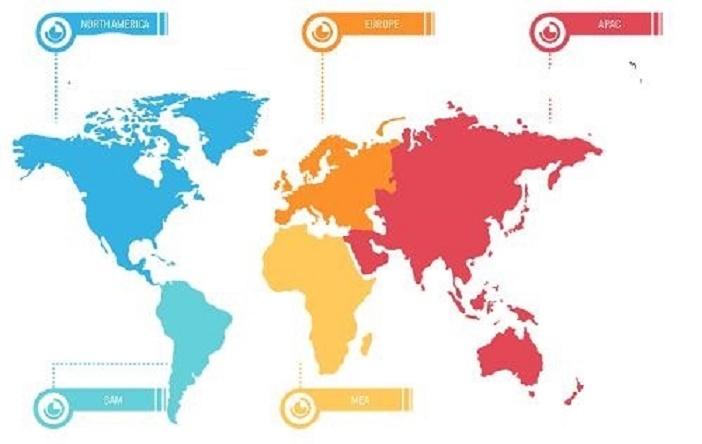In the era of globalization, supply chains have become increasingly complex and interconnected. As a result, the importance of sustainability in supply chains has taken center stage. Sustainability in supply chains refers to the integration of environmental, social, and economic dimensions into the design, management, and operation of supply chains. It’s about creating, managing and coordinating supply chain activities in a responsible and sustainable way.
Environmental Perspective of Sustainability
From an environmental perspective, sustainability in supply chains focuses on reducing the environmental impact of supply chain operations. This might involve minimizing energy consumption, reducing waste and emissions, and promoting the use of renewable resources. For instance, companies might adopt cleaner production processes, invest in energy-efficient equipment, or develop products that are easier to recycle.
Companies like Patagonia, a clothing company, are leading the way when it comes to environmental sustainability in supply chains. They have implemented initiatives such as the Footprint Chronicles, which allows customers to trace the environmental impact of any product right back to its source.
Social Perspective of Sustainability
From a social perspective, sustainability in supply chains concerns the protection of human rights, health, and safety in the supply chain. This might involve ensuring fair labor practices, promoting diversity and inclusion, and safeguarding workers’ rights. Companies might adopt ethical sourcing practices, implement stringent health and safety standards, or invest in community development projects.
For example, Starbucks has established a comprehensive approach to ethical sourcing, using responsible purchasing practices, farmer support centers, loan programs, and forest conservation efforts.
Economic Perspective of Sustainability
From an economic perspective, sustainability in supply chains involves creating long-term economic value for all stakeholders in the supply chain. This might involve improving operational efficiency, fostering innovation, and promoting fair trade practices. Companies might invest in advanced technologies to streamline their operations, develop innovative products or services, or establish partnerships with local suppliers to support the local economy.
Unilever, a multinational consumer goods company, has been a pioneer in this area through their Sustainable Living Plan. The plan aims to decouple their growth from their environmental footprint while increasing their positive social impact.
The Role of Technology in Sustainable Supply Chains
Technology plays a pivotal role in driving sustainability in supply chains. Advanced technologies like artificial intelligence (AI), blockchain, and the Internet of Things (IoT) can provide real-time visibility into supply chain operations, enabling companies to identify inefficiencies, monitor environmental and social impacts, and make informed decisions.




